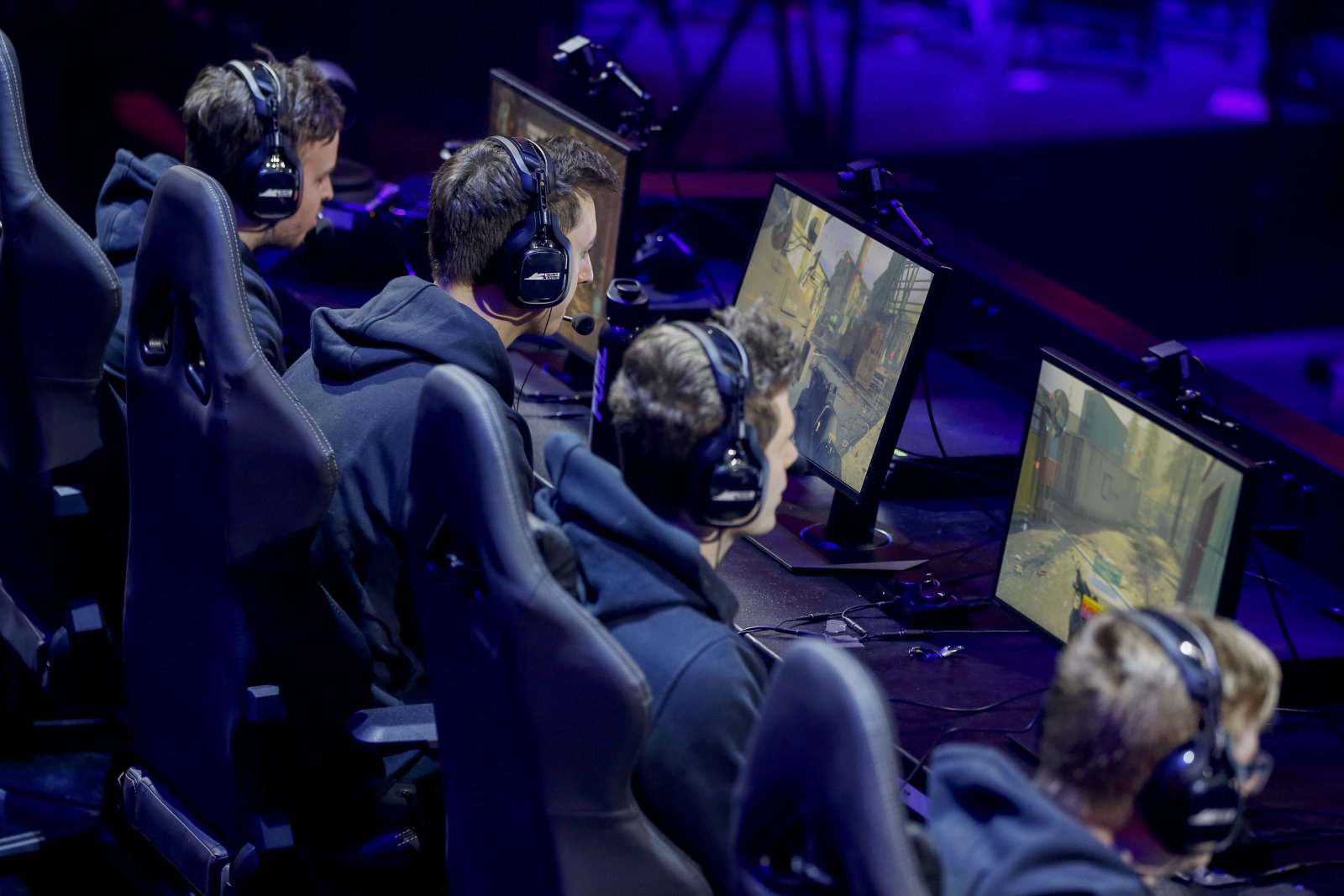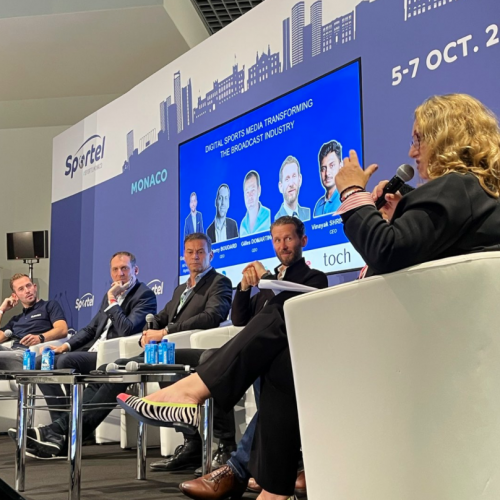What Traditional Sports and Individual Athletes Will Have Learned From Esports
This article was provided by Nielsen Sports
How traditional sports and associated brands will continue to use esports to engage with fans and TV audiences
Esports are receiving a significant increase in mainstream media coverage, accelerated by the coronavirus pandemic and subsequent shutdown of more traditional sports. For example, mainstream outlets in the UK, such as the BBC Sport, Sky Sports and BT Sport have all broadcast esports on their main channels in the last few months.
In the past we have seen the esports ecosystem rapidly mature and grow as it draws lessons from traditional sports in the way that it employs coaches and analysts and the way it develops its revenue streams through its fans, sponsors and sales of merchandise and apparel. However, we are now starting to see the transfer of knowledge moving in the opposite direction, with traditional sports rights holders looking to learn from esports. One of the main drivers for this is that rights holders are seeing a growing number of people – young people in particular – no longer engaging with traditional sports in the way they used to. For example, young people are less likely to watch live TV broadcasts, which is the way sport has traditionally been consumed.
Football clubs such as Sporting Lisbon, FC Schalke, Wolfsburg and Manchester City are all getting involved in esports, whilst families such as the Krafts, owners of the New England Patriots, have purchased esports teams in major franchise leagues.
So what are the key lessons traditional sports can learn from esports?
Online events can attract large audiences, it’s not just about the physical!
Last year 174,000 people attended Intel’s Extreme Masters gaming tournament that was hosted in Katowice, Poland but nearly eight times as many people viewed it online with the tournament drawing an average audience per minute (AMA) of 860,000.
Streaming is much more than just showing your competitive skills
Streamers generate their own large communities. They’re not just athletes, they are entertainers and brands that influence fan behaviour.
With the COVID-19 pandemic forcing the cancellation of the opening 10 races of the 2020 season, a number of F1 drivers, such as Charles Leclerc, Lando Norris, George Russell and Alexander Albon, took up sim racing as a way to stay sharp and entertained during the break. For these drivers, esports became a platform through which to interact and chat with fans away from the regular pressures of F1 and to give audiences an insight into their personalities away from the slick polished production of F1, and in Lando’s case, how they cut their hair!
Platforms such as Twitch have elevated the likes of Norris and Russell and allowed their personalities to take centre stage. Esports has proved the perfect format for seeing the human side of the person.
Esports can enhance the brand value of stars and help individuals and rights holders reach a wider audience
For the Australian Grand Prix, Lando Norris’ Twitch account received an AMA of 39,000, with his total views on the channel now standing at 10 million. Across the five major social media platforms, his accounts received a growth of more than 300,000 in just two weeks.
By taking advantage of F1’s shift to virtual platforms, Lando Norris has given his career opportunities a major boost as F1 teams have taken notice of his exploits, whilst he has become more attractive to potential sponsors through his large follower growth.
A strong sense of community can be achieved through esports
There is a very strong sense of community within the esports audience and they are far more receptive to brands than you might think. Research has shown that esports followers are happy to support brands that back their favourite players, for example.
Esports properties can offer significant opportunities through digital activations on social media and drive significantly higher levels of engagement on these channels than traditional sports cans. For example, major esports teams who uses memes and create branded content stories showing the human side to their organisation can generate four times the level of engagement than the average post on a traditional sports platform. It’s proof that you don’t always have to produce polished content to drive value and engagement, just be true to who you are!
Millennials need to be reached in a different way
This all comes back to the point earlier about young people consuming sports in a different way to past generations. Millennials cannot be reached in the same ways as other audiences. Esports marketing has really opened our eyes to this reality and shown that if you want to successfully bring millennials with you, you need to learn about esports and other marketing platforms and the best practices they employ to reach the intended audience on their terms and in their environment.
Phelan Hill is Head of Consulting and specializes in helping clients navigate the esports landscape, at Nielsen Sports, the global leader in sports industry analytics.
You might also like
SPORTEL Monaco 2021: CEO Laurent Puons praises event
The second day of SPORTEL 2021 got underway this morning in Monaco. Following on from yesterday’s masterclasses, Wednesday played host to a number of conference talks from industry-leading professionals. The
SPORTEL 2021: Day One Recap
This year’s prestigious SPORTEL convention kicked off in sunny Monaco today, welcoming a host of familiar faces as well as plenty of new ones. Doors opened at 8:30am with businesses
SPORTEL 2021: Monaco prepares to host prestigious October convention
After a one-year hiatus due to the impact of COVID-19, the world-renowned sports media and tech convention, SPORTEL, returns to host its annual event in Monaco. The conference will take








